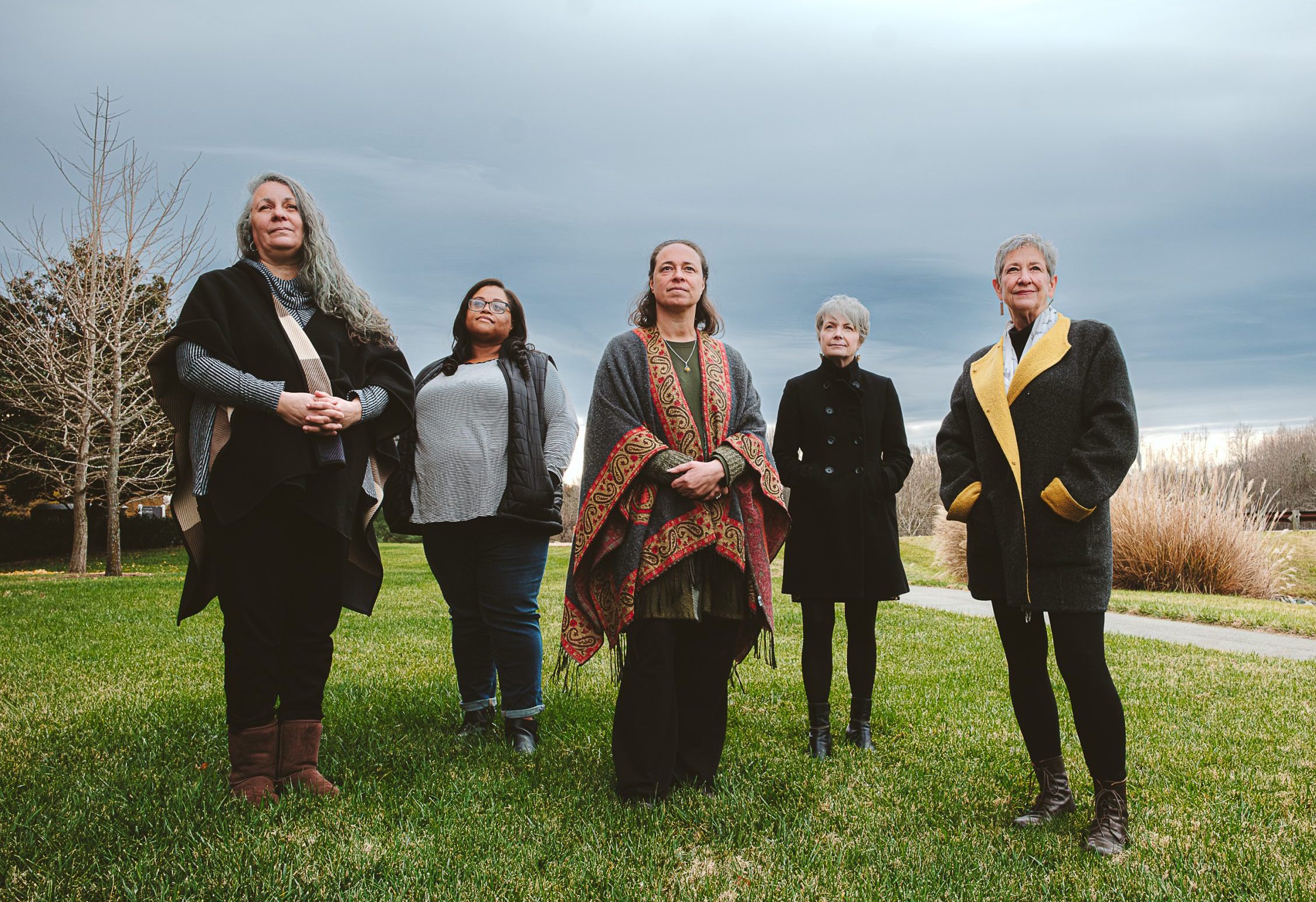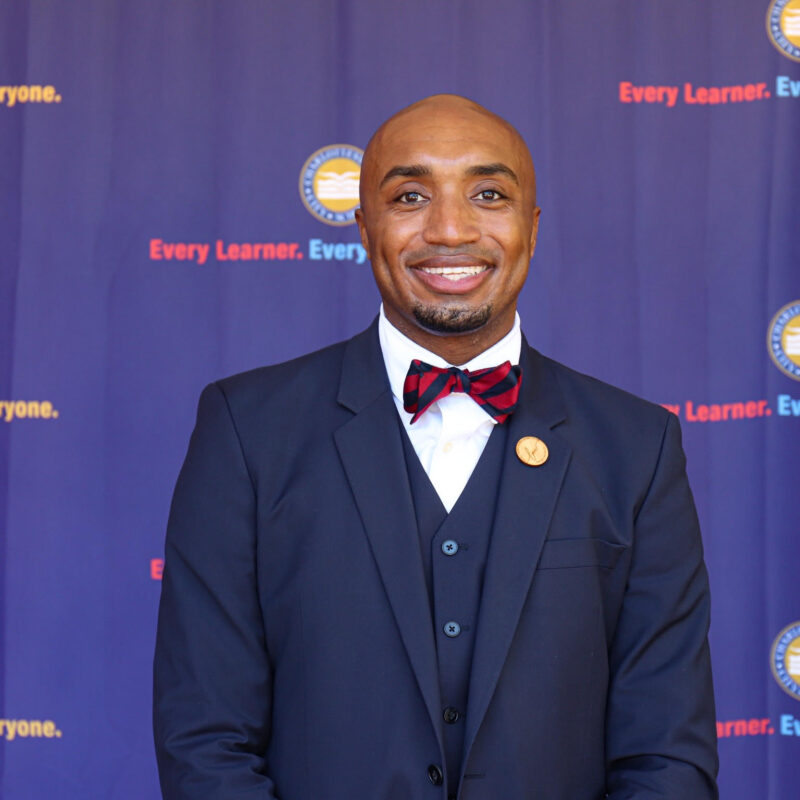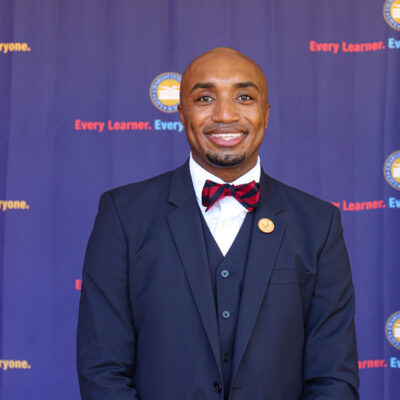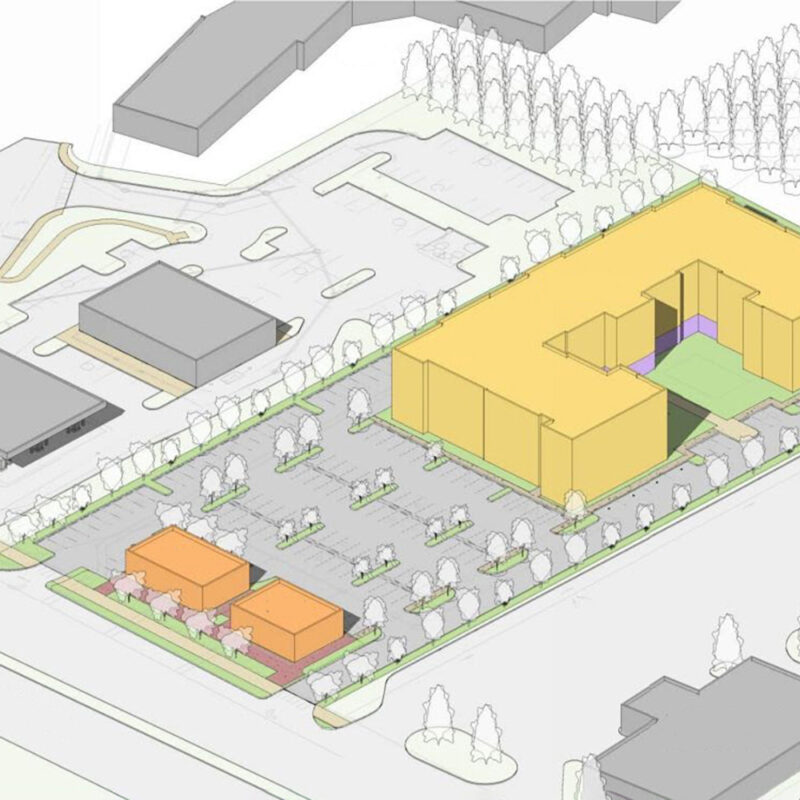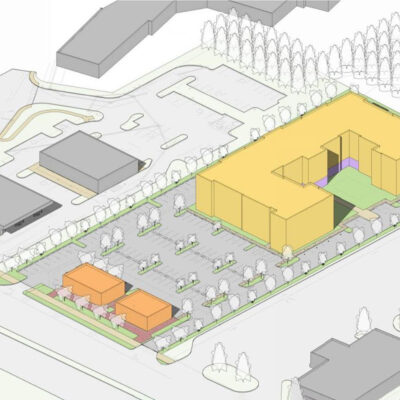It’s a conversation starter you might throw out with a group of friends hanging out at a winery, or after a large informal family supper: “What would you like to do before you die?” The answers are probably interesting, intriguing, even surprising. The discussion could inspire someone in the group to make those dreams happen.
But for Beth Eck, director of end-of-life doula services for Hospice of the Piedmont, the real question is: “Have you said what needs to be said?”
The term birth doula (a person trained to provide non-medical services, support, and advocacy for women through pregnancy and birth) is pretty well known, and their services are increasingly popular. But fewer people have heard of death (or end-of-life) doulas—those who are trained and prepared to provide non-medical services, support, and comfort through life’s last and most mysterious transition.
Eck became interested in questions of death and dying during a 25-year career as a sociology professor at James Madison University. Reading Atul Gawande’s Being Mortal: Medicine and What Matters in the End “changed my life,” she says. “I thought, ‘I need to be doing something [in this field].’” Having experienced the deaths of friends, she saw how modern medical care has become focused on beating death, what she calls “a cure model rather than a care model. We’ve taken life events and made them medical—but people still want their autonomy, their dignity.”
Eck began volunteering for Hospice of the Piedmont, where colleagues asked if she had considered becoming a death doula. She went through training programs offered by the International End of Life Doula Association and by an organization called Going With Grace, and keeps up with the field through continuing education geared toward end-of-life care in a hospice/palliative care setting.
In 2021, Hospice of the Piedmont hired Eck to launch its end-of-life doula program, which now has two dozen volunteers. Those who want to take on the role have to complete the 16 hours of HOP’s regular hospice volunteer training, and additional doula preparation designed by Eck. Over the training period, she develops a sense of the assets and style of each volunteer, pairs them with the right patients, and mentors their work.
I had the opportunity to sit down with four members of Eck’s team, and found that while all of them have worked as hospice volunteers, they each came to be doulas for their own unique reasons.
Aurora DeMarco, 60, a massage therapist, worked as a bereavement counselor. “I had lost my mother and several friends,” she recalls, “and I felt called to do this work. Grieving is a time when people want to talk, to have real conversations.”
Laura DeVault, 67, had been a pediatric nurse, then a stay-at-home mother, then a bookstore owner. (“I’ve spent my whole life preparing myself for my next stage,” she says.) Having gone through the passing of parents and close friends, “I’m comfortable with those conversations. This work feels important … profound … intimate.” (She is also INELDA trained, and, in addition to volunteering with HOP, she supports individual clients for a fee.)
Kate Adamson, 44, works as an on-call hospital chaplain. In that position, she says, “I’m called in for acute help; I’m unlikely to see the patient again. I came to volunteer at hospice because I wanted a more ongoing relationship with the people I was serving.”
Jennifer McLaughlin, 40, a nursing assistant for more than 20 years, works mostly with geriatric patients, and is often present with patients as they die. “I wanted to get more training on how to help them with that transition,” she says. “Sometimes they need the extra comfort, supporting them, listening to them, not trying to give them answers. As a caregiver, you have to let go the desire to fix things.”
The other three nod in agreement. It’s a central tenet of their end-of-life training—to be, in DeMarco’s words, “someone with no agenda. That way, we can be with the patient in a way that’s not stressful for them.” DeVault says with emphasis, “It’s not my job to get the patient to accept their diagnosis. My role is to be with the client, as they are, in their process.”
McLaughlin agrees: “If they don’t accept that they are dying, you just help them get to a place of peace for them. I know when I see peace, when they have a strength that they didn’t have when I walked in.”
One of her patients, DeMarco recalls, “kept thinking there was something she could do. She kept talking about her frustration [that she was dying].” As a death doula, DeMarco saw her role as sitting with the patient in that emotion, being someone, perhaps the only one, to whom the dying woman felt safe expressing those feelings.
“This is highly intuitive work,” says Eck when explaining the role of doula. “We are here to listen, to be present, to be still—witnessing, not giving advice. We’re saying [without words], ‘You don’t have to perform for me. I am here for who you are today.’” Often, she says, “we’re the only ones around them who are not afraid.”
She describes this attitude as “a constant practice,” and the volunteers agree. “I can’t do this work for more than an hour at a time,” says DeMarco. “You’re really zeroing in, and it’s hard not to talk about yourself!” The others laugh knowingly.
Each end-of-life doula is assigned one or two patients at a time, and will work with those individuals through their passing, whether that comes in weeks or months. Not all hospice patients have or ask for doulas. Sometimes, the hospice team (which includes a doctor, a nurse, a care assistant, a social worker, and occasionally a chaplain) will recommend a doula for added support for the patient, or for the family as well. Because the role isn’t subject to regulatory constraints, doulas have a greater degree of flexibility in deciding how long their sessions are or how often they meet with a patient or family.
A death doula will also provide respite care, a chance for a family member to take a break without leaving their loved one alone. Sometimes the patient has dementia or is unaware of their surroundings. “It’s harder with Alzheimer’s patients, who may have no idea I’m there, but whether they can feel my presence [or not], it’s more about the intention, that I’m there for them,” Adamson says. In these situations, “just being present is a baseline nourishing.”
Death doulas also see advocacy as part of their role. They will alert the hospice care team if they see the family needs help with end-of-life planning, financial issues, or grief counseling. “Sometimes I am advocating for the patient to herself,” Adamson says. “That’s one way the doulas can serve—[helping the patient] consider their legacy, how they want to say goodbye.”
DeMarco, who has volunteered in hospice settings for more than a decade, says, “Even the patients have their hesitations. They may still want curative care. Or they may feel like people around them are thinking, ‘Hurry up and die already.’”
These volunteers describe their work as important and fulfilling, but all agree it can be intense and draining. Self-care is critical. “When I’m off the clock, then I’m off the clock,” says McLaughlin. “I turn my phone off, and put myself in a place of peace.”
“I just started taking Mondays off and setting some limits,” Adamson says. “I tell people I’ll answer emails Tuesdays and Thursdays. You really have to be intentional about taking care of yourself.” She recharges by going paddle boarding (out of reach of email or cell phone). DeVault goes for long walks in the woods, and says meditation—and humor—helps.
But the best self-care is understanding the death doula’s role: to support the individual’s own choices about how they want to navigate the end of their life. “It’s the patient’s work to do, it’s their death,” says Eck. Adamson describes this as “being connected without being attached. I’m completely there with them when I’m with them, but when I leave, I am not attached.”
As a self-described “introvert who hates small talk,” DeMarco says that being a doula is for her a way to be with people and have conversations that really matter—to them, and to her. She has a client whom she’s been serving for over a year, “and it’s going to be hard when she dies. But I think, ‘Aren’t I lucky, to have had this connection?’”
“It’s given me a perspective on what’s important,” says Adamson. “I have a curiosity [about the end-of-life transition], rather than being fearful.” For DeVault, being a witness to the process of dying “has made me want to have more important conversations. These are the big questions, the big mysteries.” For DeMarco, it’s about “the missing of all these people whose lives and deaths I’ve been part of.”
Their teacher and mentor, Beth Eck, says that for her, being a death doula “is such a privilege, to be asked into their lives at the end.”
